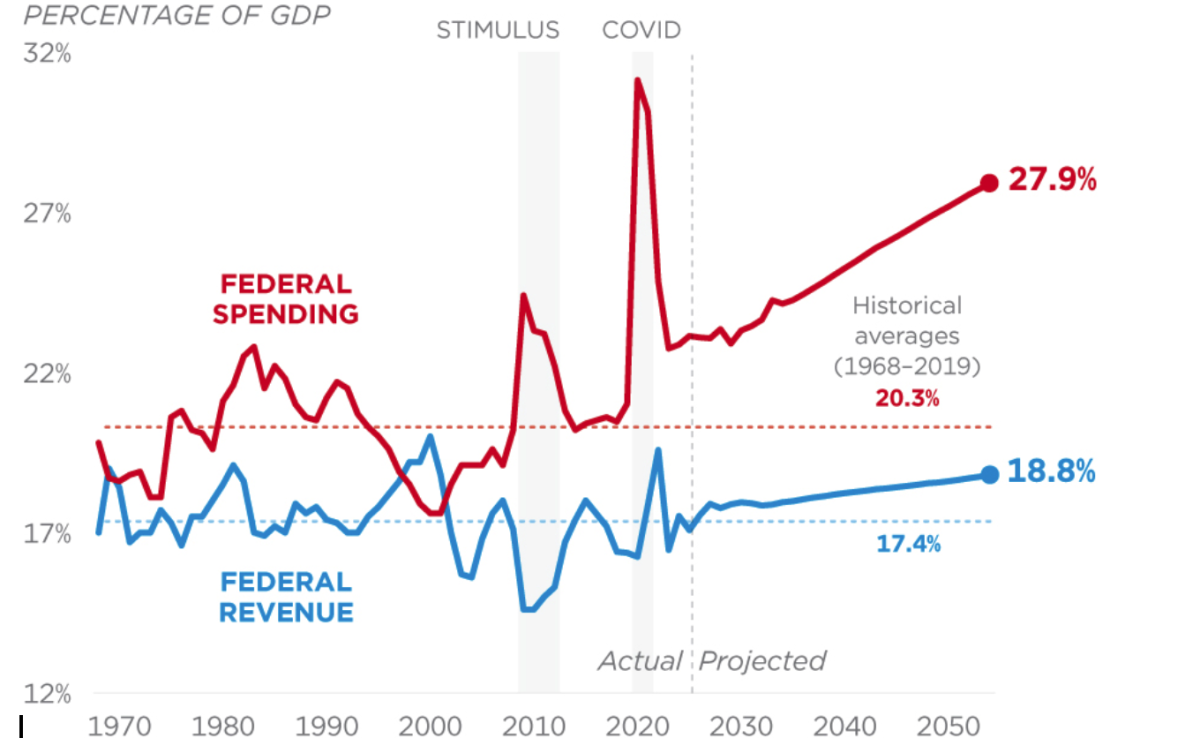“We’re doing what is right for our community, which is something I’m very proud of,” said dean of girls Frances Fondren. “It’s tailor-made for us, and it’s been a long time coming.”
Since school began, the Time Task Force has been toiling to produce a new schedule. Years of neurological research on learning, countless meetings, visits to other schools around the nation, and careful listening to parent, teacher, and student voices alike finally allowed the task force to produce the new schedule, which was unveiled to the high school on Thursday, Jan. 31.
After the team “went dark” at the end of last semester, it spent an intensive couple of weeks developing sample schedules and ideas.
“We looked at each one individually and began to gravitate towards some big themes,” said task force member and assistant principal Jim Justice.
Ultimately, the group created a whopping 47-page proposal to show assistant headmaster Jere Wells, director of studies Rick Byrd, principal Ross Peters, and president Bill Clarkson for approval.
(continued on page 2)
“It was a very harmonious process,” said Justice, “and was essentially accepted as it was written, with small bits of polishing concerning physical education and Bible requirements.”
With nearly a month behind its disclosure, the Westminster community has had time to picture the new calendar and react.
“I feel that there are a lot of things to be excited about as a student,” said Justice. “For example, having only two tests on a given day, office hours, the idea of being able to sleep in if you have a free period first thing in the morning.”
It seems that the later arrival has unveiled nearly universal excitement. “That’s immensely exciting to me,” said Fondren, “because I think our students need more sleep, and prefer to stay up later and sleep a little bit later.”
Students and teachers alike have expressed excitement about the promise of a January term beginning in 2015. This month-long venture would mean students signing up for one of a choice of in-depth courses, allowing a deep exploration of one specific topic.
“There are so many ideas and so much excitement flying around the Jan-term,” said Fondren, “I’m excited to see how that will ultimately look.”
Indeed, some variety of examples such as “Fly Fishing and American Literature,” “Russian Literature,” “Blowing Stuff Up,” and “Jesus and Strangers” have been proposed at this point, and all of these options would involve hands-on field trips into Atlanta and surrounding areas, or even longer travel opportunities in the summer.
“It will be really cool to get to focus on something that you’re really interested in and go out and do stuff in the community,” said sophomore Charlie Trense.
“I’m excited about the promise of taking students off-campus,” said English teacher Maggie Blake.
At the same time, some students and teachers alike are concerned about the lengthened classes.
“I’m definitely nervous about 70-minute long AP classes,” said sophomore Gavin Reynolds, “It may be hard staying interested if we’re sitting still for that long.”
Fitting challenging AP classes into the new schedule will undoubtedly be a challenge.
“Some AP teachers have expressed concern about fewer total hours to teach so much material in their classes,” said Callaway.
“I think that’s a very fair thing to worry about,” said Justice, “and that’s the challenge for all of us as teachers. We want to convince students through what we do that the longer period can be interesting and better and deeper and provide time for more collaboration.”
Senior Isabel Callaway traveled with the Time Task Force to schools in New York to feel what a different schedule would look like. “I actually sat through a two-hour class,” she said, “and it wasn’t as painful as you might think.”
That’s because the longer period is designed for alternative creative or physical activities.
“Basically, every 20-25 minutes, there should be a shift in the activity and in all the bodies in the room,” said Justice. For example, a class might involve a 25-minute lecture, followed by 25 minutes of group work, and then 25 minutes of student presentation.
On Monday, February 18, the faculty was on-campus for the first professional development day, “the most critical part of the process at this point,” according to Justice, which aimed to help teachers learn how to best utilize 70- or 90-minute periods.
“We just have a really great faculty,” said Justice. “I’m not super worried about their ability to think carefully and thoughtfully about how to use the long period.”
Many students agree that the faculty is more than ready to take on the challenge of making long classes entertaining. “I really trust the faculty,” said Trense, “I think they put a lot of work into this.”
Another concern that many students share is the slightly more complex seven-day schedule rotation, which takes away some landmarks of the current schedule.
“I go to the wrong classes now a lot,” said senior Sloane Shuler, “so I feel like I’m going to go to the wrong classes even more next year.”
“Going into my junior year, I’m a little worried about not having any free periods,” said sophomore Gracie Collier, “I’m concerned about how long classes and no free periods are going to change the hardest academic year at Westminster.”
Homeroom is also eliminated in favor of longer, 40-minute advisement sessions, a real change for the senior class in particular.
“I’m kindof sad that senior homeroom will be gone,” said Shuler, “but I’m excited about the new, long advisement periods. Our class can bond and get to know each other.”
Athletes also face major changes in their training schedules.
“As a football player, I like that we have lifting incorporated into the day,” said Trense, “but I’m worried about if it will take away from my free periods.”
Ultimately the schedule will require Westminster to make real transitions, but the community has positive hopes for the future.
“This will really help the calendar sync up to our vision statement,” said Fondren.
“I think we’re going to still be a really academically rigorous school,” said but I think the new schedule will give the feel of days and weeks less frenzy and more focus.”





